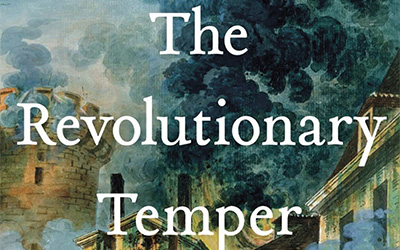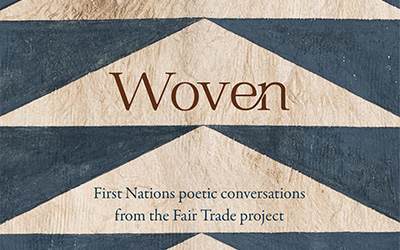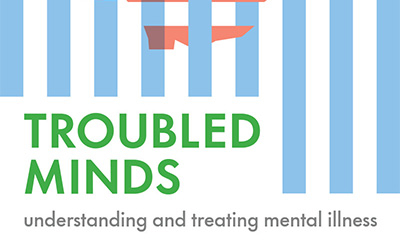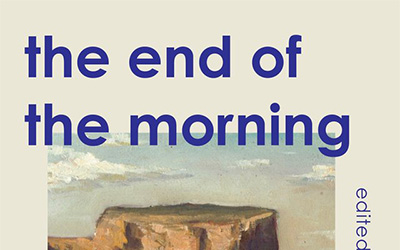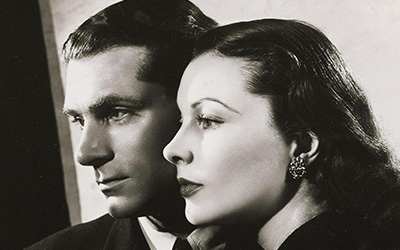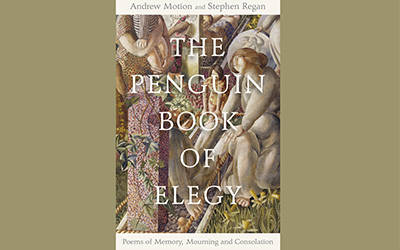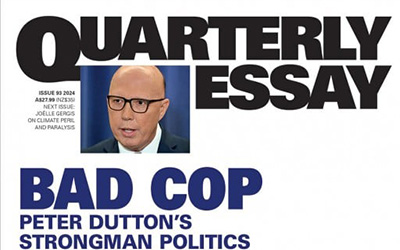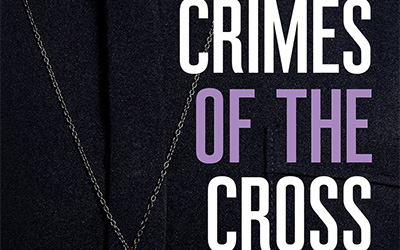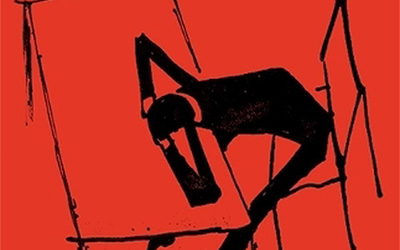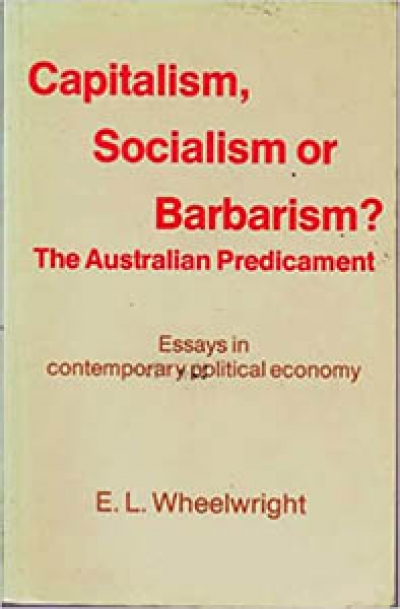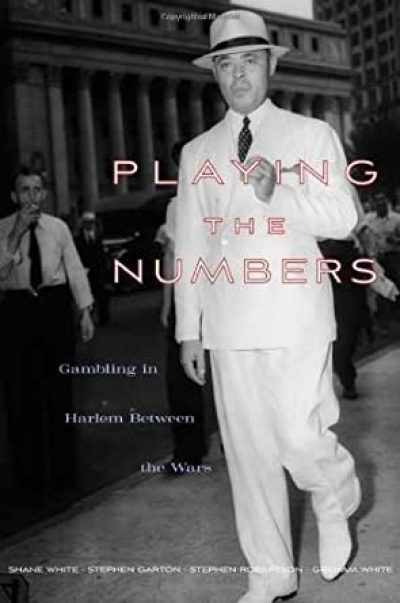History
The Revolutionary Temper: Paris, 1748-1789 by Robert Darnton
by Peter McPhee
On 27 August 1783, Jacques Charles launched the world’s first hydrogen balloon flight from the Champ de Mars (now the site of the Eiffel Tower). He excluded his rival Jacques-Étienne Montgolfier from the ticketed reserve. Then, on 21 November, Charles and another ‘navigateur aérien’ made the first manned flight, landing thirty kilometres north of Paris. Montgolfier was invited to cut a ribbon as a gesture of reconciliation in the name of science.





